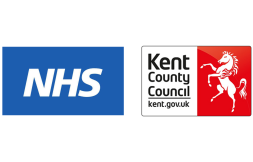Youth in Health in Action
The European Solidarity Corps offers young Europeans from 18 to 30 years old the opportunity to make a real difference in people’s lives. Aiming for 100,000 placements by 2020, NGOs, Member State authorities and other organisations can offer quality placements for volunteering, traineeships or jobs. Health is an integral part of this initiative. There are […]
Youth in Health in Action Read More »
